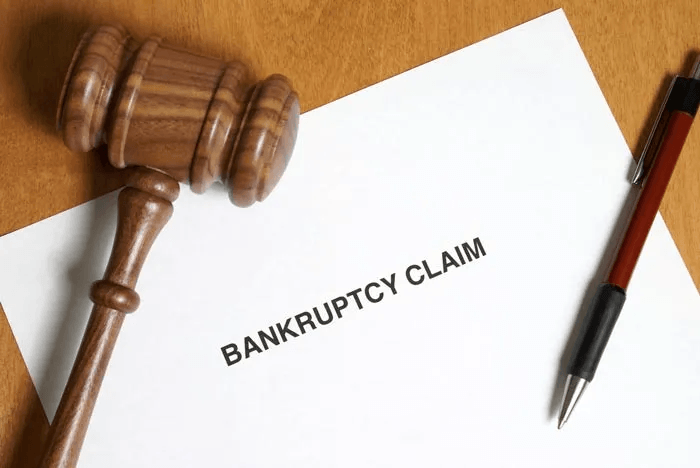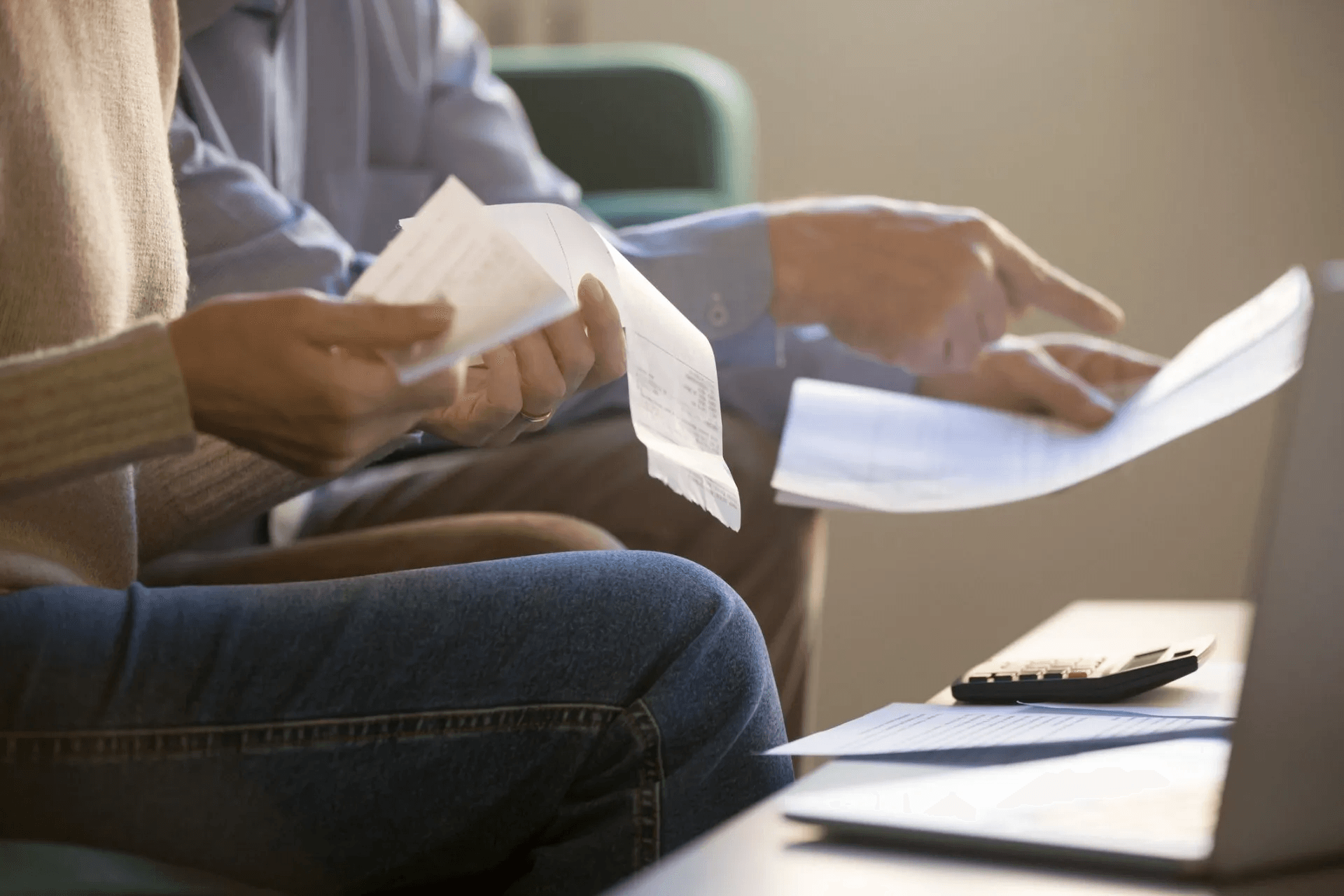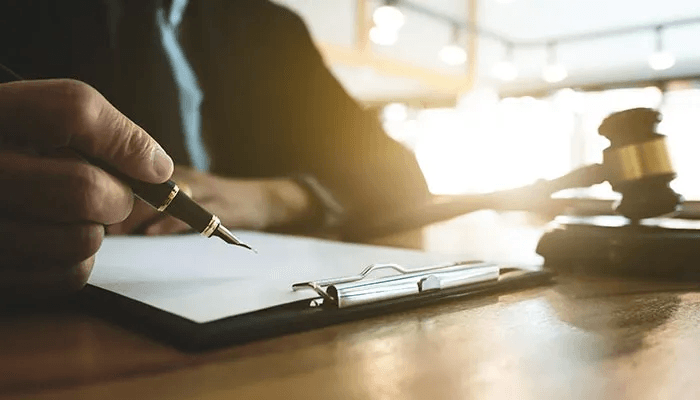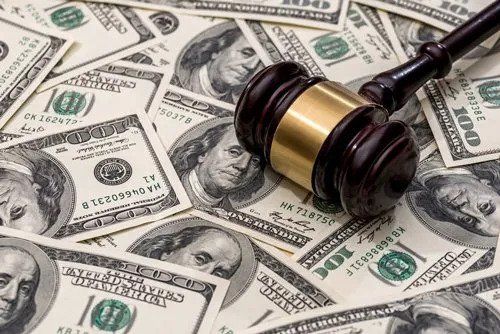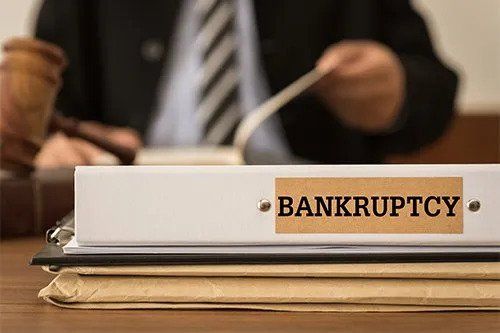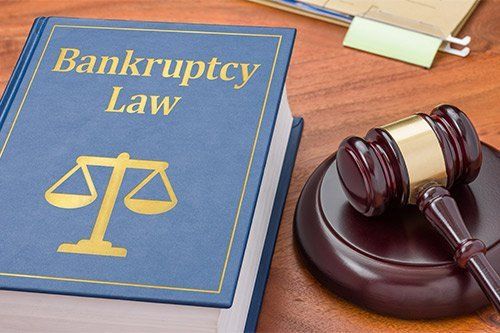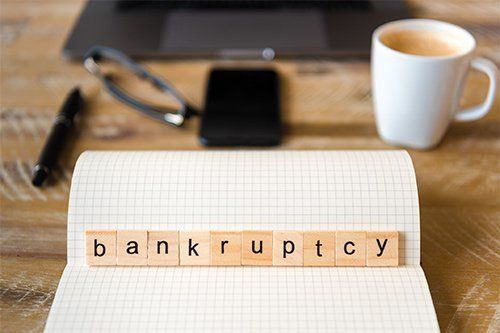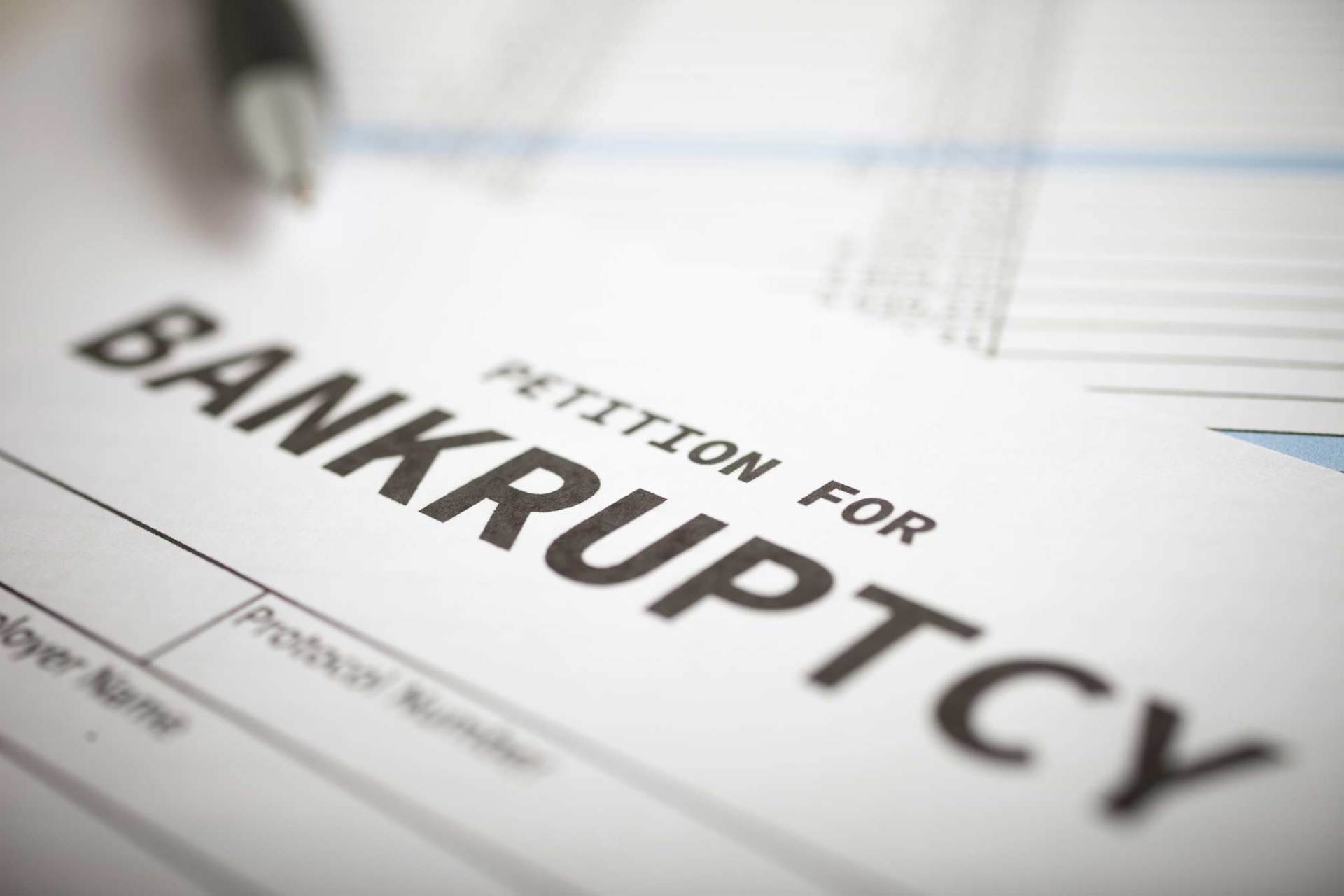FREE INITIAL CONSULTATION TO FIND OUT IF BANKRUPTCY IS RIGHT FOR YOU.
Blog Layout
Is Chapter 13 Bankruptcy Right for You?

It's a common misconception that people who file bankruptcy are financially irresponsible. Extended job loss, serious illness, and other unexpected events cause responsible Americans to utilize bankruptcy to get a fresh start.
You might already be aware that there are two types of bankruptcy: Chapter 7 and Chapter 13. While most people inquire about Chapter 7, there's a chance that Chapter 13 is better for your situation. This guide will help you determine if Chapter 13 is the right choice for you.
What’s the Difference Between Chapter 7 and Chapter 13?
Here's a quick primer on these two bankruptcy types:
Chapter 7
In Chapter 7 bankruptcy, your assets are sold, or liquidated, to pay your debts. The court appoints a trustee to handle these payments and oversees your case. Certain assets are protected from liquidation, and these typically include your primary residence and automobile.
Chapter 13
In Chapter 13, you set up a debt repayment plan — approved by the court system — that allows you to pay off your creditors over three or five years.
Ask yourself the following questions to help determine if Chapter 13 might be right for you.
Is Your Income Above The State Average?
In order to qualify for Chapter 7 bankruptcy, your income must be below the median income level for your state. The median level depends on the number of people in your household and other factors. If you're above that level, then you'll have to file for Chapter 13.
Are You Behind on your Mortgage or Car Payment?
When you file for bankruptcy, an automatic stay is issued to your creditors. In addition to keeping your creditors at bay, it can stop the foreclosure process in its tracks.
If you have overdue mortgage payments, then they can be incorporated into your Chapter 13 repayment plan. This allows you to spread out the amount over the repayment period, so you can continue to make your regular mortgage payments.
Additionally, if you're behind on your car payments and your vehicle is in danger of repossession, filing for Chapter 13 can stop that process as well. Just like overdue mortgage payments, overdue car payments can be rolled into your Chapter 13 repayment plan.
Do You Own a Lot of Property?
In Chapter 7 bankruptcy, certain assets are protected from liquidation; these are called exemptions, as previously mentioned, this usually includes your primary residence and vehicle.
However, in Chapter 7, your non-exempt assets can be liquidated in order to pay back your creditors. If you have a second home, a boat, or even a second car, then it may be sold to satisfy your debt.
Additionally, if you have considerable equity in your primary home, it may not be protected. If you have more equity in your home than your state's property exemption amount, then your home could still be sold to pay your creditors.
In chapter 13, however, your property isn't liquidated. Instead, the value of your assets is used to determine what you can afford to repay.
On top of any secured debts — like child support or a mortgage — your repayment plan will include a portion of your unsecured debt, in an amount equal to the value of your non-exempt assets.
For example, if you have $10,000 in non-exempt assets, you'll be required to pay that amount to your unsecured creditors and it will be added to your repayment plan.
Have You Contacted a Lawyer?
As helpful as the questions listed above can be, each case is individualized and requires personalized attention. If you're considering filing for bankruptcy, but you're not sure which type is right for you, then consult a qualified attorney as soon as you can.
Bankruptcy can help you regain financial control. Contact our experienced attorneys, here at McMaster Law Firm, LLC
to set up a consultation or to learn more about the ways we can help you.
FREE Initial Consultation
Thank you for contacting us.
We will get back to you as soon as possible.
We will get back to you as soon as possible.
Oops, there was an error sending your message.
Please try again later.
Please try again later.
BROWSE OUR WEBSITE
CONTACT INFORMATION
Phone:
864-232-1550
Toll Free:
800-615-6050
Address:
8 Williams St. Greenville, SC 29601
Since 1996, Gina McMaster has been helping people like you file for Chapter 7 and Chapter 13 bankruptcy relief.
OUR LOCATION
Content, including images, displayed on this website is protected by copyright laws. Downloading, republication, retransmission or reproduction of content on this website is strictly prohibited. Terms of Use
| Privacy Policy


